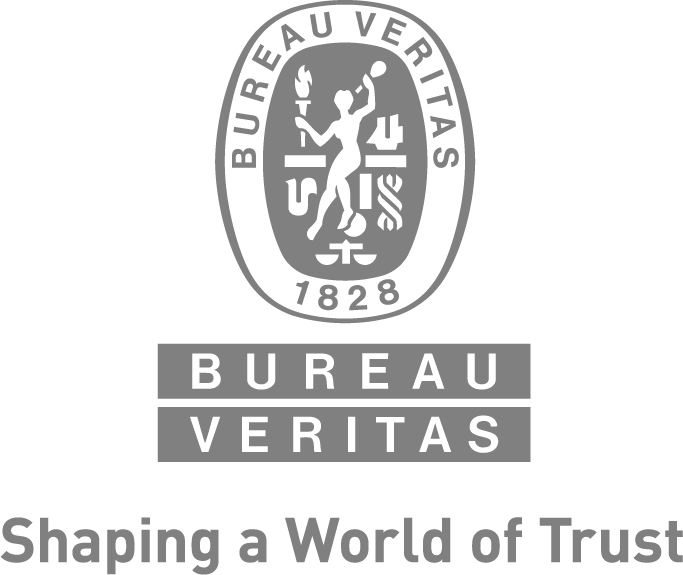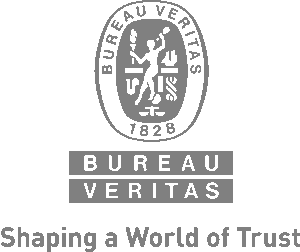Saudi Arabia – All cellular devices must now also support 4G
On December 15, 2018 the Communications and Information Technology Commission (CITC) released technical specification RI056 for UMTS (3G) and LTE (4G) equipment. Based on this specification, 4G is now a requirement for equipment type approval and importation into Saudi Arabia. Hence, 2G and 3G only devices can no longer be approved in Saudi Arabia. In addition, all mobile phones and tablets must contain the CITC e-label.
Do not hesitate to contact us for more information.






 and testing process. The IoT Cybersecurity Certification Program was developed to improve security for connected devices to protect consumers and wireless infrastructure
and testing process. The IoT Cybersecurity Certification Program was developed to improve security for connected devices to protect consumers and wireless infrastructure
